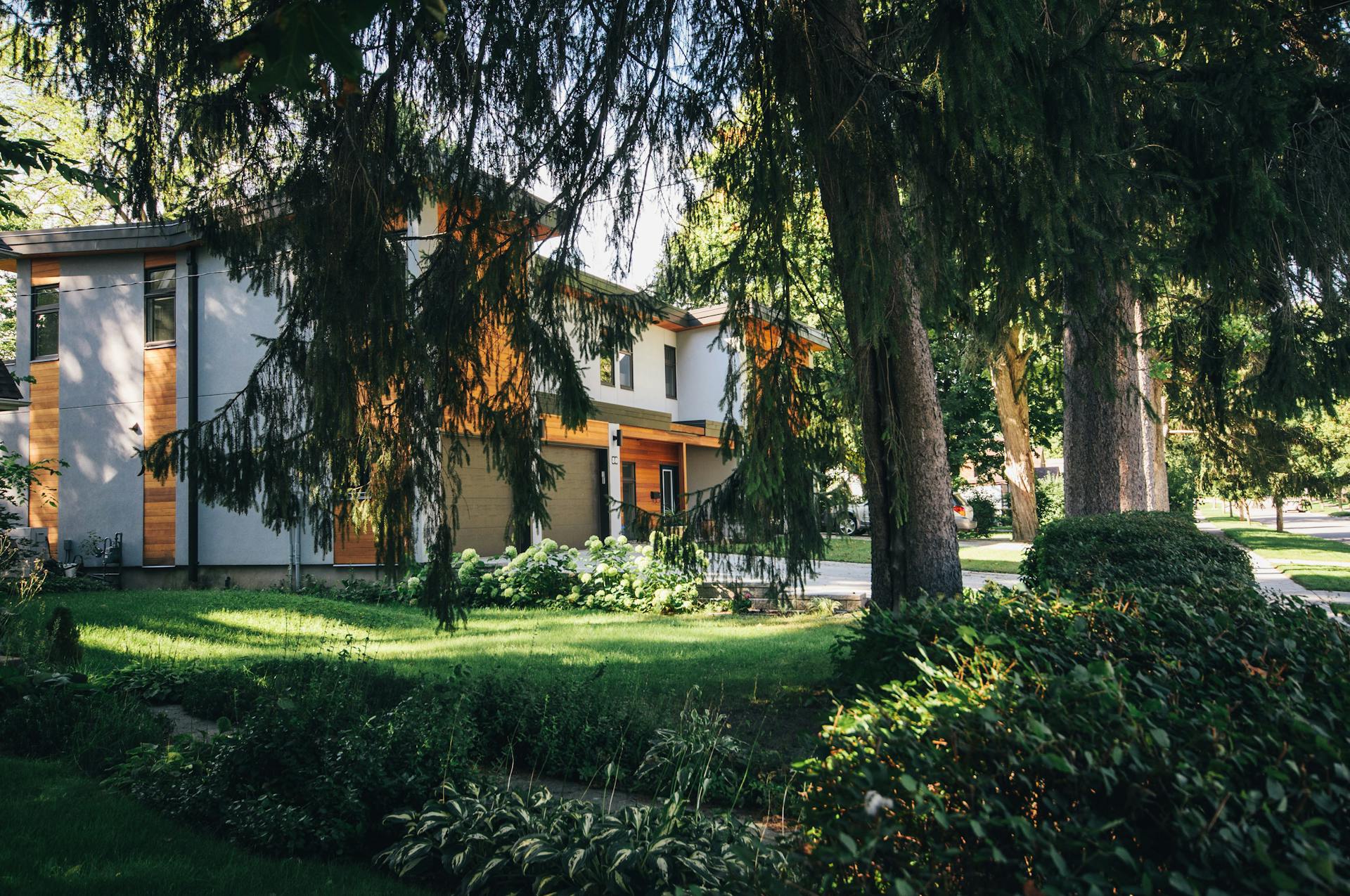

Question: What are the Taxes on Buying Property in Canada?
Answer: When buying property in Canada, you may encounter various taxes such as the Goods and Services Tax (GST) or Harmonized Sales Tax (HST) on new construction, land transfer tax (in provinces like Ontario), and property taxes.
What are the Taxes on Buying Property in Canada? Dream Home, Taxing Reality
Buying a house is a significant achievement, but it’s important to remember the financial obligations that come with it. Beyond the purchase price, there are various taxes and fees associated with closing a real estate transaction in Canada. Understanding these costs upfront can help you budget effectively and avoid surprises down the road. [ 1 ]
The Breakdown: Taxes Involved in Buying Property
Several taxes apply to property purchases in Canada, with the specific amounts varying depending on the province and the type of property. Here’s a breakdown of the most common ones:
-
Land Transfer Tax:
This tax is levied by the province on the purchase price of the property. Rates typically range from 1% to 2%, but some provinces have a graduated tax structure where the rate increases as the purchase price rises. First-time homebuyers may be eligible for rebates or exemptions that reduce the amount of land transfer tax they owe. -
Goods and Services Tax (GST) or Harmonized Sales Tax (HST):
A 13% GST or HST applies to the purchase price of newly built or substantially renovated homes. However, this tax may not apply if the seller is a qualified GST/HST registrant, and the property is not their primary residence. -
Municipal Property Tax:
This annual tax is levied by the municipality where the property is located. The rate is based on the property’s assessed value and goes towards funding local services like schools and infrastructure. -
Mortgage Loan Tax:
Some provinces, like British Columbia, impose a tax on new mortgages. The amount typically varies depending on the loan amount.
Please visit this page to find out how to get a free property estimate in Alliston
Related Article: Who Pays Closing Costs in Canada?
Related Article: Do I Need a Lawyer to Sell My House in Canada?
Beyond Taxes: Additional Closing Costs
Taxes are just one piece of the closing cost puzzle. Here are some other fees to factor in:
-
Legal Fees:
A real estate lawyer can ensure the legal aspects of the transaction are handled correctly. Their fees typically range from $1,000 to $3,000. -
Title Insurance:
This protects you from unforeseen issues related to ownership rights. The cost varies depending on the property value. -
Disbursements:
These are various charges paid on your behalf during closing, such as property tax adjustments, courier fees, and registration costs. -
Land Transfer Registration Fee:
This fee covers the cost of registering the new ownership of the property.
Financing Factors: How Your Mortgage Affects Costs
The way you finance your purchase can also impact your closing costs. For instance:
-
Private Mortgage Insurance (PMI):
If your down payment is less than 20% of the purchase price, you might be required to pay PMI, which adds to your closing costs. -
Interest Rate:
A higher interest rate can lead to higher closing costs due to prepaid interest on your mortgage.
The Power of Planning: Budgeting for Closing Costs
Closing costs can add a significant sum to the overall cost of buying a house. Here are some tips for budgeting effectively:
-
Research Costs Upfront:
Get quotes from lawyers, lenders, and other service providers to estimate your closing costs. -
Factor in Taxes:
Don’t forget to account for the various taxes you’ll be responsible for at closing. -
Leave Room for Buffer:
Unexpected fees might arise. Leave some wiggle room in your budget to cover these.
Seek Expert Advice: Working with a Real Estate Agent
A qualified real estate agent can guide you through the closing cost process. They can provide estimates, explain different fees, and connect you with professionals who offer competitive rates.
For more information please visit jenjewell.ca
The Bottom Line: Informed Decisions, Smooth Transactions
Understanding the taxes and fees involved in buying a house is crucial for a successful closing. By budgeting effectively, seeking expert advice, and factoring in all the costs upfront, you can approach closing with confidence and avoid financial surprises. This allows you to focus on the exciting part – moving into your dream home!
References
1. https://www.forbes.com/advisor/ca/mortgages/property-taxes-in-canada/


